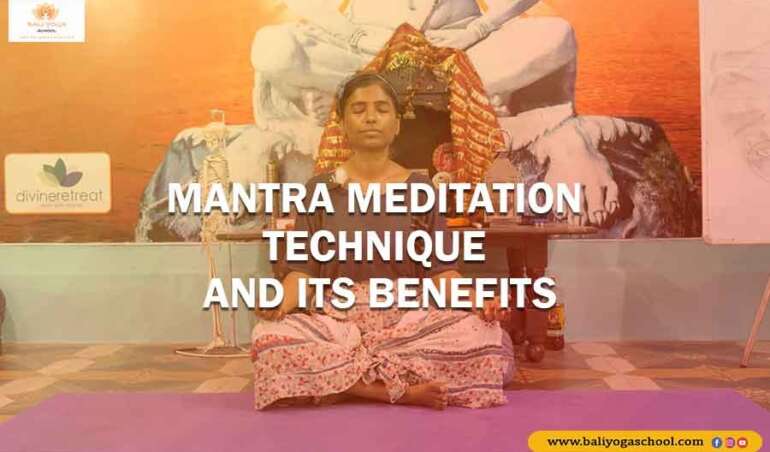
How to Meditate | Tips for Meditation
All kinds of thoughts rise in the mind. It’s quite natural to experience both positive and negative thoughts. Also, it is general tendency to focus on negative thoughts and this is when we feel agitated, stressed and depressed. Meditation or dhyana entails calming the mind and connecting with self. It is the practice where one brings focus to a single object or breathing, through mindfulness and concentration. There are many ways to meditate and some of the common types of meditation are movement meditation, mindfulness meditation, mantra meditation, vipassana meditation and guided meditation among others. The seventh limb of Patanjali’s Yoga Sutra, meditation, prepares one to achieve the ultimate state of bliss on union with the supreme being.

Tips for Meditation
- Many people break down during meditation and feel very emotional during the practice. It is common in people who suppress their emotions due to either busy schedules, situations, difficult family members or partners or failure to acknowledge them. Let the tears flow and once come out of the emotional state, you can go back to your practice, focus on your breathing and try to concentrate.
- For many people, especially beginners, sitting without moving can be challenging. They may feel stiffness, pain and discomfort and the focus keeps shifting to the body parts that are in stress due to this. Due to bad body posture, for example, keeping spine straight initially can be a bit painful. Also, you will notice that when you are sitting still, you may feel an irresistible urge to itch or to move your leg or hand. In fact, you experience all kinds of sensations. You shouldn’t get discouraged by this. Try to ignore the urge to itch whatever it takes and try not to move any body part. If you are still not able to sit still, just follow your meditation schedule for few days till your body gets used to the routine.
- Vipassana can be an effective method to meditate. By observing your breathing and raising awareness about your mind, you can transform your life completely. In this practice, the art of meditation can be aced by perfecting a schedule, a little impulse control and determination to connect with your self. Sometimes, it’s all about finding a perfect method, time slot or place. As you meditate, with time you will notice many subtle and gross changes in yourself which will encourage you to spend more time in your own company. Meditation can help make a person more mindful of their life choices, positive, productive, confident, self aware and closer to the higher power. The change is gradual and hence patience is key to learning this technique.





